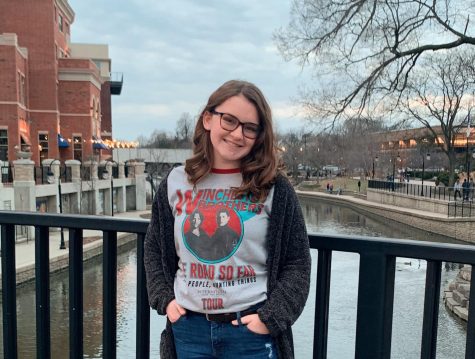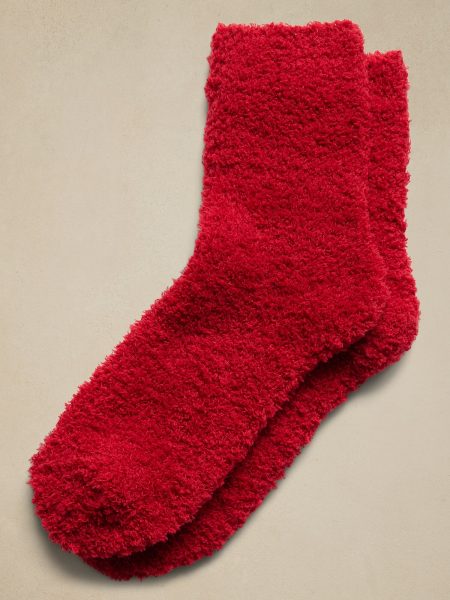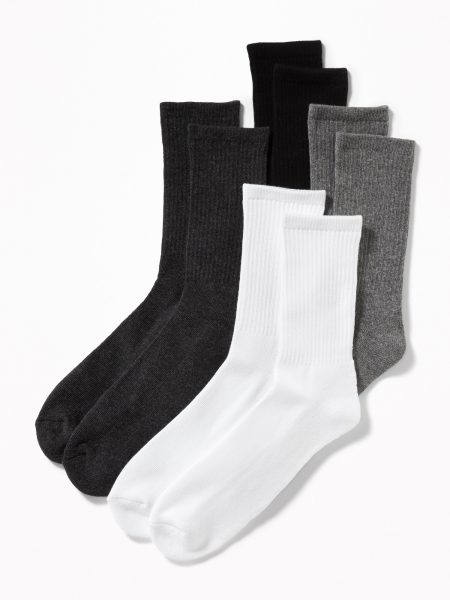True Crime Corner: The People V.S OJ Simpson: Trial and Murders
September 19, 2019
On the warm summer night of June 12,1994, in the wealthy neighborhood of Brentwood, California, Nicole Brown and Ron Goldman were found viciously murdered on the lawn of Brown’s home.
Brown was the ex-wife of the famous Orenthal James (OJ) Simpson. He was a running back in the NFL for 11 years and worked with multiple advertising agencies, so he became a very public face. Simpson and Brown married in 1985 and had two children, Sydney and Justin.
What seemed like a happy family in the eye of the public, was vastly different in private. Brown had placed multiple calls to 911 claiming that Simpson was abusive towards her both physically and verbally. In 1992, the two filed for divorce and split custody of their children. Months after the divorce, Brown had reported to police that Simpson was stalking her. According to phone records, Brown claimed that Simpson would hide in the bushes in front of her home and follow her to the gas station.
On the night of June 12, a neighbor called 911 reporting that he had found two bodies. Police reported to the scene to collect evidence, which included a bloody leather glove, and remove the bodies from the premises. Detectives were sent to Simpson’s property, Rockingham, to inform him of the death of his ex-wife. Unbeknownst to them, Simpson had boarded a plane to Chicago that same night. Upon arrival to Rockingham, the Detectives saw Simpson’s signature white Ford Bronco parked carelessly against the curb with a smear of blood on the door and declared it a crime scene.
Returning with a warrant, the police found another bloody glove outside of Simson’s home that matched the one found at the scene of the murder. This made Simpson a prime suspect in Brown and Goldman’s murder. When Simpson returned from Chicago, he hired celebrity lawyer Robert Shapiro to be his attorney, and assembled his legal dream team. Simpson was charged with two counts of homicide. Under special circumstances he agreed to surrender himself into custody, but instead coerced his friend Al Cowlings to drive him down the highway in Cowlings’ identical white Ford Bronco.
The pair led the L.A. police on a 60-mile “slow” chase down the San Diego freeway, which was broadcast on live television, interrupting the NBA finals. Eventually he surrendered after he arrived outside of his home. Simpson was subsequentially arrested and put in jail with no bail.
The prosecution, led by Marcia Clark and Christopher Darden, sought life behind bars with no chance for parole. The entirety of the court case spanned from Sept. 1994 to Oct. 1995, during which the jury grew anxious. Many jurors were discredited due to biases and conflicts of interest. Those who weren’t had to live in a hotel with limited access to family, news, and television. Television played a massive part in this trial, as it was the first court case to be televised on a national scale. The media fixated on the physical appearances of those involved in the case, like Marcia Clark, instead of the trial itself. Many unsavory articles were published about Clark’s looks and personal life, to destroy her credibility as a woman in law. The Judge, Lance A. Ito, threatened to throw the cameras out of his court on multiple occasions.
Itching to get a conviction to close the case, and despite being told not to by his superiors, Darden demanded that Simpson try on the gloves found at Brentwood and Rocking ham. Simpson obliged, and to the prosecution’s dismay, the glove did not fit (although some speculate that Simpson held his hand purposely stiff to make it appear as though the glove did not fit.) Along with other technicalities, the prosecution’s case fell apart.
Even though DNA evidence confirmed that the gloves belonged to Simpson, the jurors were skeptical since it was still a new science. Between a perjured testimony by one of the lead Detectives, Mark Fuhrman about using racial slurs regularly, incorrectly collected evidence, and the pressure to close the case, jurors came to their verdict within four hours: Not Guilty.





